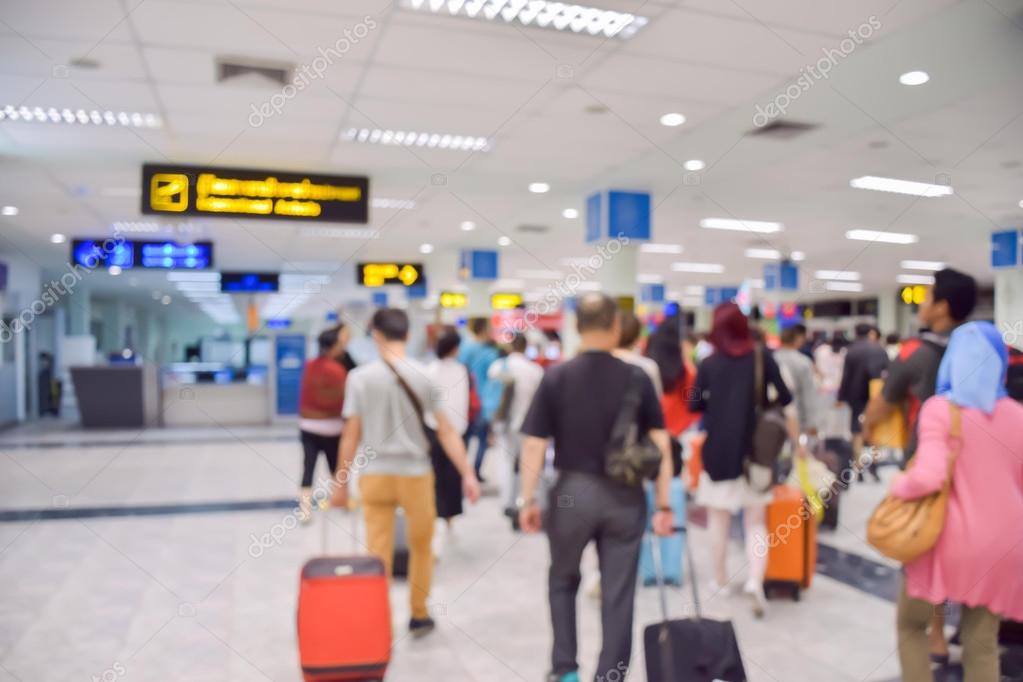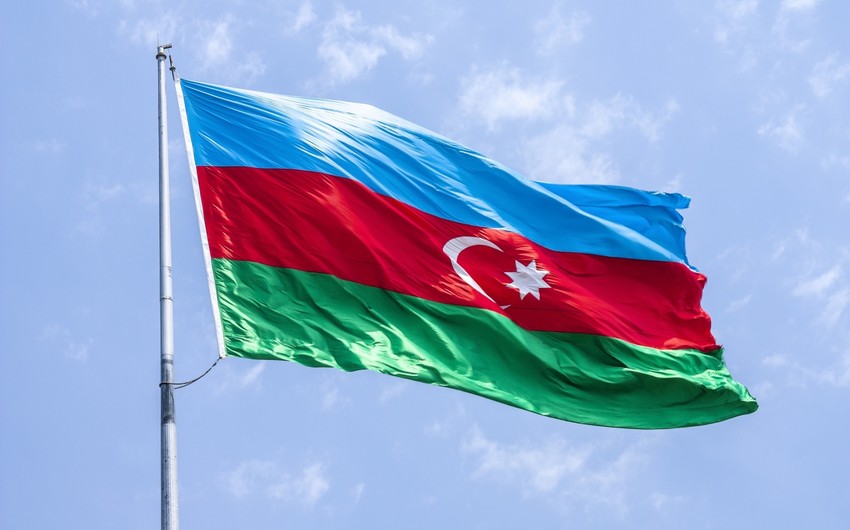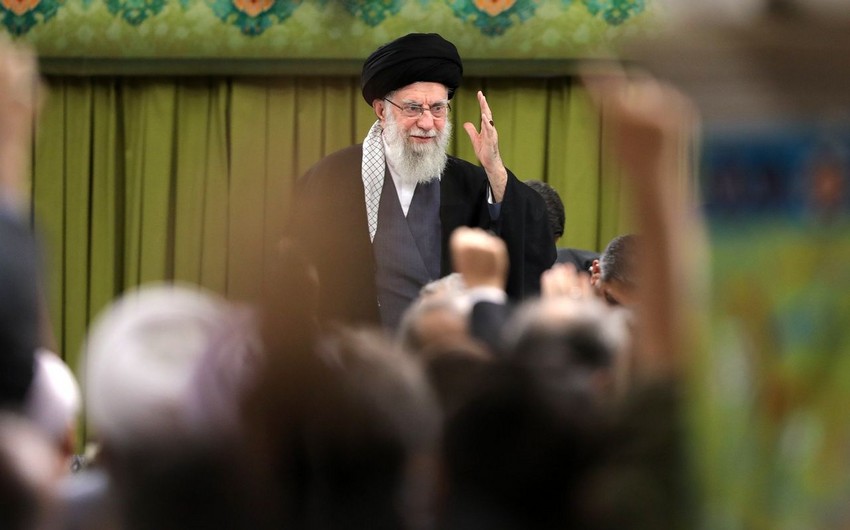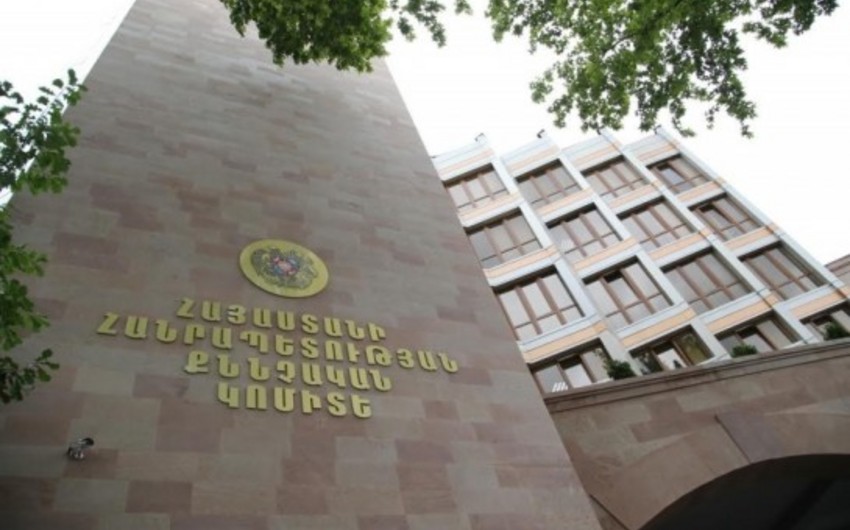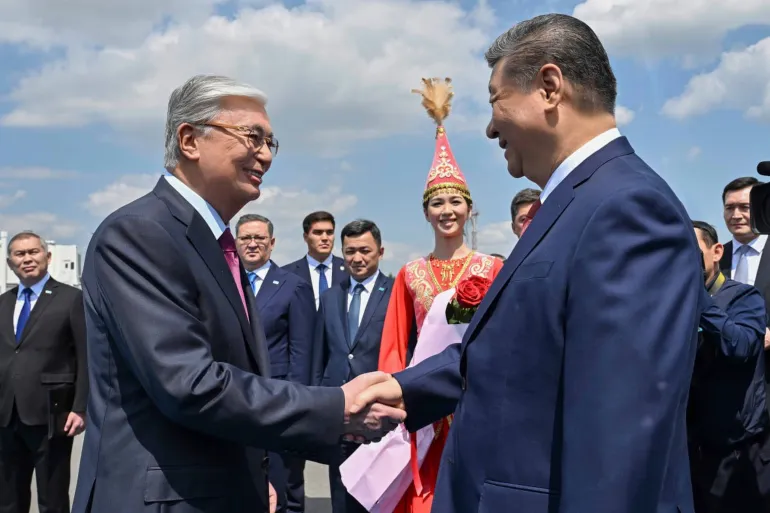On the first of April 2025, a selection of renowned experts gathered to debate the pressing issue of equitable access to food in an ever-changing political context. Issues regarding food and water management, local cooperation, women empowerment, and challenges posed by geopolitical tensions were at the heart of the discussion.
Dr. Nidal Salim, general director of the Global Institute for Water Environment and Health (GIWEH) started the conversation by underlining the importance of agricultural cooperatives in addressing water scarcity, food production, and equitable access to resources. Doctor Nidal took the example of Amul, one of India’s largest cooperative which has empowered millions of farmers throughout the country by ensuring stable pricing and steady incomes locally. Examples from The Cooperative Group (UK) and the Mondragon Initiative (Spain) also highlighted worker conditions improvement and local powers’ empowerment. Cooperatives attained such successes by
(1) investing in advanced technologies and quality seeds, (2) providing better access to markets and cutting the middlemen, (3) promoting better farming practices, (4) offering an optimal platform for training and serving as a collective voice for farmers. Mr. Salim concluded by encouraging further efforts to support initiatives promoting agricultural collaborations.
Ms. Asmita Baidya, member of the youth parliament for SDG, underscored the recent success of Nari Shakti (translated as Women Power), an initiative launched in 2015 by India to empower women through social, political, and economic reforms which also had some results in the fight against hunger. The campaign managed to achieve substantial political representation for
women in legislation and improved health outcomes which helped reduce the Maternal Mortality Rate by 25% in five years. On the economic front, more loans were allocated to women entrepreneurs through different sets of reforms. Moreover, by also using real-time monitoring, a multi-stakeholder approach was adopted to fight malnutrition. This approach focuses on grassroots campaigns, and expands financial resources to women by using a data-driven approach to ensure program effectiveness and promote safe work environments.
Mr. Tripurdaman Singh, PhD at the Graduate Institute in Geneva and an expert in South Asian democracies along with a long experience in corporate banking continued by highlighting the importance of Rochdale’s pioneers, one of the first cooperative movements from a historical perspective. This set the precedent for communities that encourage inclusive democracy and prioritize the needs of the community rather than yield to corporate powers while favoring sustainable practices. Taking the example of India, Mr. Singh underlined the fact that those cooperatives transcended classes and casts to ensure an effective collaboration. Mr Singh continued his argument by declaring that those sorts of efficient horizontal relationships consist of the bedrock of stable democratic societies. He then concluded by taking the example of the United States as an example in the field of cooperative farming.
Mr. Suraya Kanegaonkar, a proprietary trading expert, shifted the conversation towards the growing erosion of trust in international relations and a return to protectionism, advocating to refocus on needs over luxury in a changing international context. He takes the example of India which decided to invest in advanced agricultural technologies, new infrastructures and introduce market-liberalizing reforms on a wider basis. In addition, Mr. Kanegaonkar especially emphasized the importance of connectivity infrastructures which massively decreased the chances of famine. Promotion of sustainable labor, women’s empowerment and best agricultural practices can also play a key role. He then explained how global improvement of agricultural practices can encourage trade, thus reducing price volatility and increasing stability. In the long run, it could give farmers more visibility over their future incomes, thus encouraging improvement in their lifestyle.
Dr. Blerim Mustafa, an expert on cold-war self-determination and mentor at the Geneva School of Diplomacy and International Relations concluded the debate by stressing the primary fact that the right to food is a fundamental human right legally binding in key international conventions. Despite those institutional frameworks, more than 250 million people in over 50 countries are suffering from high levels of food insecurity. Global geopolitical tensions and armed conflicts can seriously disturb agricultural production, distribution, and management. Indeed, blockades and siege-like tactics are often invoked as military tactics but the result is that they seriously starve the population, as seen most recently in the Gaza Strip, which is facing one of the worst hunger crises in recent history. A collaboration between humanitarian aid and development must be ensured to mitigate the effect of armed conflicts in difficult zones. This can be done by (1) stopping or lifting unilateral coercive measures which block the import of essential food items,
(2) debt restructuring to allocate resources allowed to agricultural autonomy, social protection, and essential imports, (3) ensuring that humanitarian aid is addressing not only the symptoms but also the deep-rooted causes of the problem in a period of high political and social unrest. Mr. Mustafa concluded by declaring that without food security, no other SDGs can be reached effectively.
To conclude, this debate tackled different aspects of the food scarcity problem, stressing areas of improvement, ongoing issues, and progress made in the last few years. Even if the task remains considerable, certain examples showcase that efforts toward greater food stability offer considerable economic, political, and social benefits.

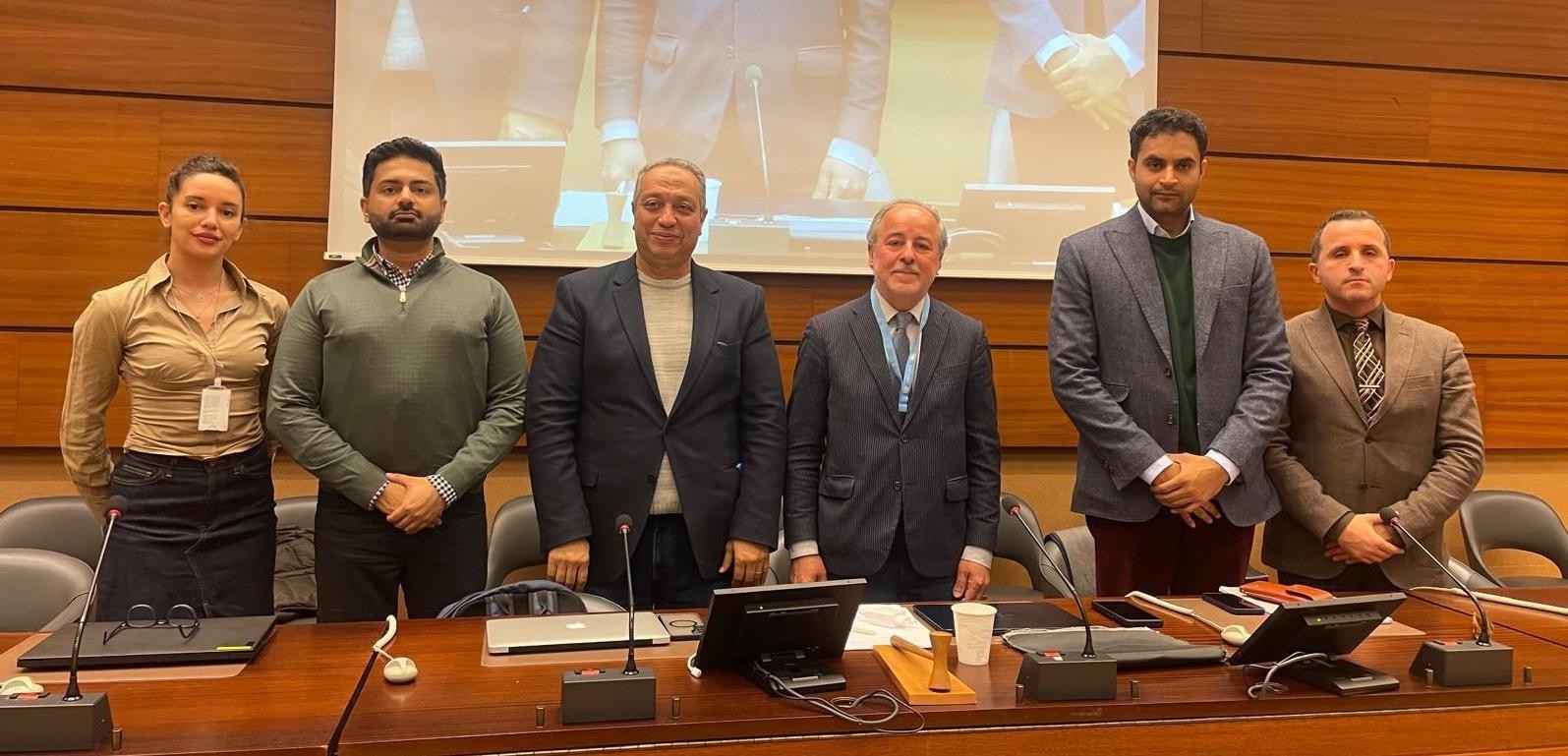
.jpg)
